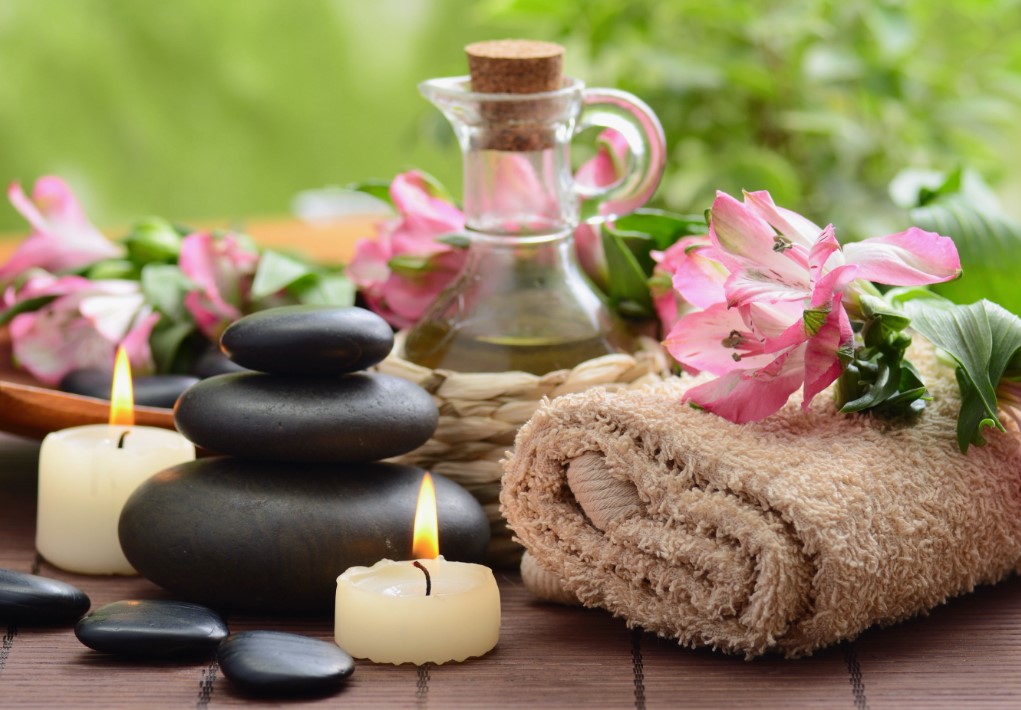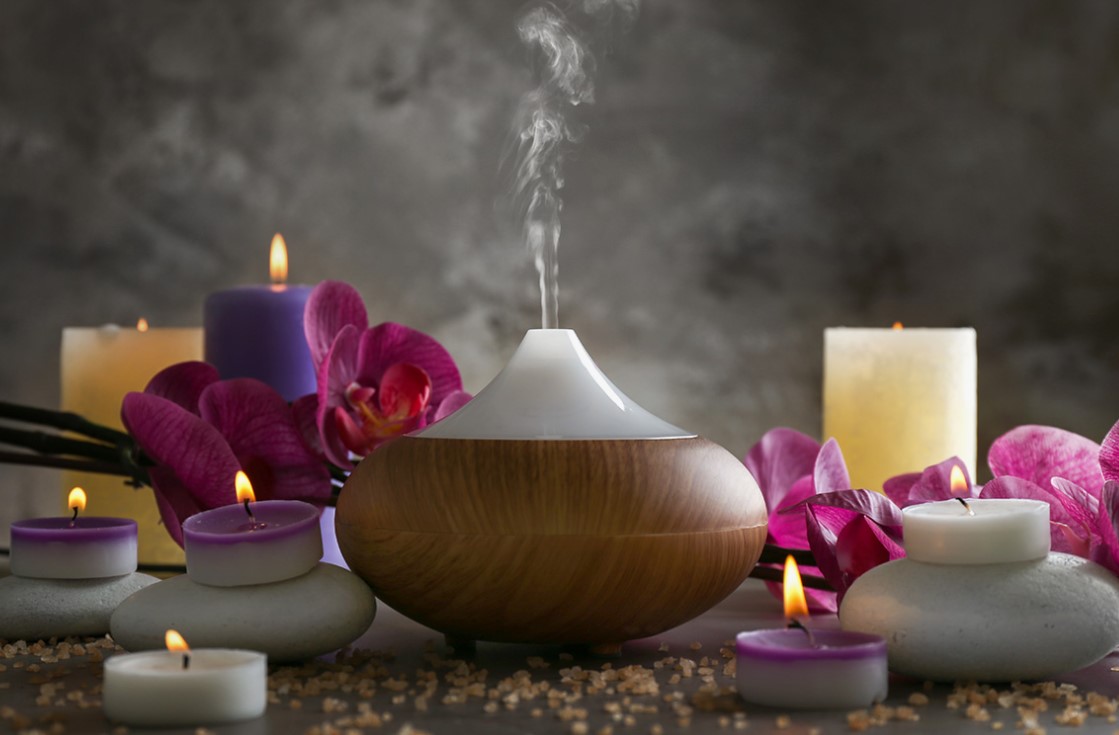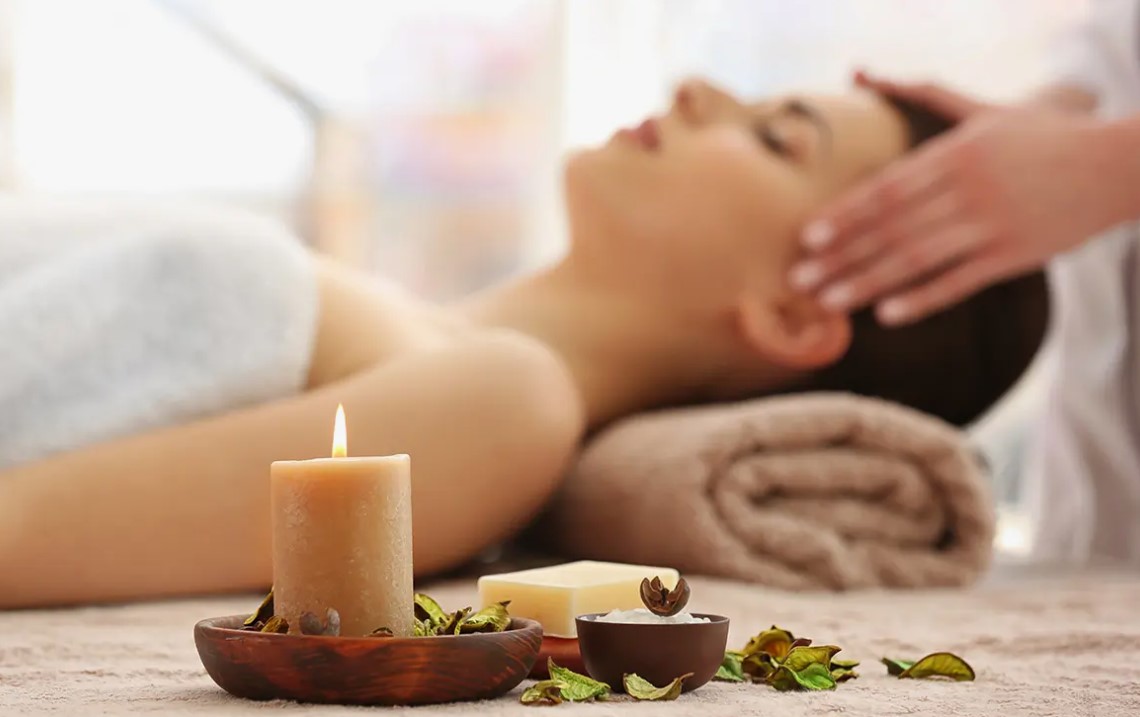Why Aromatherapy Massage is a Must-Have in Luxury Spa Treatments
In the modern wellness industry, aromatherapy massage has emerged as a key offering in luxury spas worldwide. This demand is driven by a growing awareness of holistic health and the desire for treatments that address both physical and mental well-being. Aromatherapy massage treatment, which combines the use of essential oils with massage techniques, offers a unique approach to relaxation, stress relief, and overall health improvement. This article explores the factors contributing to the increasing popularity of aromatherapy massage in luxury spas, with a particular focus on its relevance in Dubai and the UAE.
The Global Wellness Industry: An Overview
The global wellness industry has experienced significant growth over the past decade, with consumers increasingly prioritizing health and well-being. According to the Global Wellness Institute, the global wellness economy was valued at over $4.5 trillion in 2018, with the spa industry accounting for $119 billion of this figure. This growth is fueled by several factors, including rising health awareness, an increase in disposable income, and a growing interest in preventive health measures.
Within this context, luxury spas have become destinations not only for relaxation but also for comprehensive wellness experiences. These spas offer a range of treatments designed to cater to the physical, emotional, and mental needs of their clients. Aromatherapy massage has become a cornerstone of these offerings, providing a multi-sensory experience that aligns with the holistic approach to wellness that luxury spas aim to deliver.
The Science Behind Aromatherapy Massage
Aromatherapy massage combines the physical benefits of massage therapy with the psychological effects of essential oils. Essential oils, extracted from various parts of plants, contain volatile compounds that can influence the body’s physiological and emotional responses. When used in massage, these oils are absorbed through the skin and inhaled, allowing them to interact with the body’s systems in multiple ways.
The limbic system, which is involved in emotion regulation and memory, plays a crucial role in how aromatherapy affects the mind. When essential oils are inhaled, they stimulate the olfactory system, which then sends signals to the limbic system. This can lead to changes in mood, stress levels, and even pain perception. Additionally, the topical application of essential oils during massage can promote circulation, reduce muscle tension, and support overall physical health.

Factors Driving the Demand for Aromatherapy Massage in Luxury Spas
The growing demand for aromatherapy massage in luxury spas can be attributed to several key factors, each of which reflects broader trends in the wellness industry.
1. Increased Awareness of Holistic Health
One of the primary drivers of demand is the increasing awareness of holistic health practices. Consumers are becoming more informed about the interconnectedness of physical, mental, and emotional well-being, leading them to seek treatments that address all aspects of health. Aromatherapy massage, with its ability to promote relaxation, reduce stress, and support physical health, aligns perfectly with this holistic approach.
In Dubai and the UAE, where high-stress lifestyles are common, the appeal of aromatherapy massage is particularly strong. The region’s luxury spas cater to a clientele that values comprehensive wellness experiences, making aromatherapy massage an ideal offering.
2. The Rise of Wellness Tourism
Wellness tourism is another factor contributing to the popularity of aromatherapy massage in luxury spas. Wellness tourists, who prioritize health and well-being in their travel experiences, are seeking out destinations that offer high-quality wellness treatments. According to the Global Wellness Institute, wellness tourism was valued at $639 billion in 2017 and is expected to continue growing.
Dubai has positioned itself as a leading wellness tourism destination, with its luxury spas playing a central role in this strategy. Visitors to the region often include spa treatments as a key part of their itinerary, and aromatherapy massage is frequently among the most requested services. The combination of world-class spa facilities and the unique cultural appeal of Dubai makes it an attractive destination for wellness tourists.
3. Personalization and Customization
In today’s wellness market, personalization is a significant trend. Consumers are increasingly looking for treatments that are tailored to their individual needs and preferences. Aromatherapy massage is highly adaptable, allowing therapists to customize the experience based on the client’s specific requirements. Essential oils can be selected to address particular concerns, such as stress, anxiety, or muscle pain, making each treatment unique.
Luxury spas in Dubai and the UAE are known for their emphasis on personalized service. By offering customized aromatherapy massage treatments, these spas can cater to the diverse needs of their clients, enhancing the overall spa experience and fostering customer loyalty.
4. Stress and Mental Health Management
The growing prevalence of stress and mental health issues is another factor driving the demand for aromatherapy massage. As the pressures of modern life increase, more individuals are turning to wellness treatments as a way to manage stress and support mental health. Aromatherapy massage is particularly effective in this regard, as it combines the calming effects of essential oils with the relaxation benefits of massage.
In high-pressure environments like Dubai, where work demands and urban living can contribute to elevated stress levels, aromatherapy massage offers a valuable tool for stress management. Luxury spas in the region have responded to this demand by incorporating stress-relief treatments into their service offerings, with aromatherapy massage often being a centerpiece.
Aromatherapy Massage in Dubai and the UAE
Dubai and the UAE have become global leaders in the luxury spa market, offering some of the most advanced and luxurious spa experiences in the world. The region’s spas are known for their innovation, combining traditional practices with modern techniques to create unique treatments. Aromatherapy massage has become an integral part of these offerings, reflecting the region’s commitment to providing comprehensive wellness services.
1. Cultural Influences and Acceptance
The use of aromatic plants and oils has deep roots in Middle Eastern culture, where they have been used for centuries in both medicinal and religious contexts. This cultural familiarity with aromatics has facilitated the acceptance of aromatherapy massage in the region. Consumers in Dubai and the UAE are particularly receptive to treatments that incorporate these traditional elements, adding to the appeal of aromatherapy massage.
2. Luxury Spa Offerings
Luxury spas in Dubai and the UAE provide a diverse selection of aromatherapy massage therapies, frequently incorporating locally sourced essential oils. The purpose of these interventions is to induce a multisensory experience that fosters relaxation and overall well-being. Spas in the region are renowned for their dedication to excellence and meticulous attention to detail, which guarantees that each treatment is performed to the utmost standard.
The emphasis on opulence and customization in these spas ensures that clients can anticipate a personalized experience, with treatments that are customized to their individual requirements. Aromatherapy massage provides a versatile and effective solution, regardless of whether the objective is tension relief, improved sleep, or overall physical health.

The Future of Aromatherapy Massage in Luxury Spas
As the wellness industry continues to evolve, the demand for aromatherapy massage in luxury spas is expected to grow. Several trends are likely to influence the future development of this treatment, including technological advancements, sustainability, and the increasing emphasis on mental health.
1. Technological Integration
The integration of technology into spa treatments is a growing trend. Smart devices, such as diffusers that can be controlled via smartphone apps, and wearable technology that monitors stress levels, are likely to become more common in aromatherapy massage treatments. These innovations could enhance the effectiveness of the treatment by allowing for more precise control of essential oil diffusion and creating a more personalized experience.
2. Sustainability and Ethical Sourcing
As consumers become more environmentally conscious, the demand for sustainably sourced and ethically produced essential oils is expected to increase. Luxury spas are likely to respond to this demand by offering treatments that use organic and fair-trade oils. This focus on sustainability aligns with broader trends in the wellness industry and enhances the appeal of aromatherapy massage as a responsible and ethical choice.
3. Focus on Mental Health
Mental health is becoming an increasingly important focus in the wellness industry. Aromatherapy massage, with its proven benefits for stress and anxiety, is well-positioned to play a central role in mental health management within luxury spas. As more individuals seek treatments that support mental well-being, the demand for aromatherapy massage is expected to rise.
Conclusion
The wellness industry’s broader trends, such as the growing emphasis on holistic health, the rise of wellness tourism, and the emphasis on personalization, are reflected in the increasing demand for aromatherapy massage in luxury spas. Aromatherapy massage has emerged as a critical service in Dubai and the United Arab Emirates, where the luxury spa industry is flourishing. It is highly regarded for its capacity to enhance relaxation, alleviate tension, and enhance overall health.
Aromatherapy massage treatment is expected to continue to be a significant and popular element of luxury leisure offerings as the industry continues to develop. Luxury resorts can guarantee that aromatherapy massage remains a highly sought-after treatment in the future by remaining attentive to trends such as sustainability, technological integration, and mental health.

I am a powerful force in the workplace and uses her positive attitude and tireless energy to encourage others to work hard and succeed.
